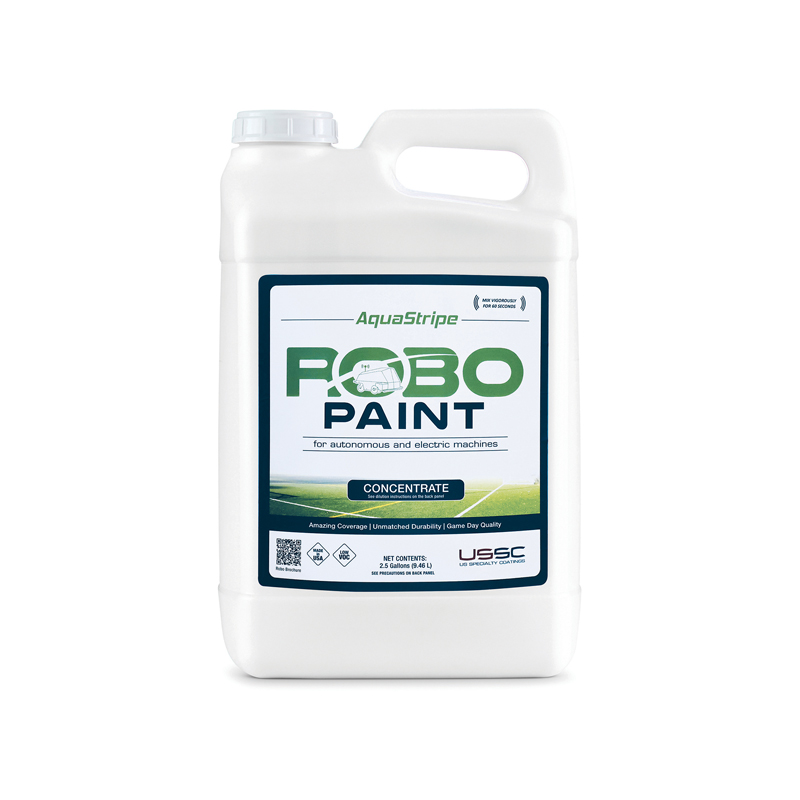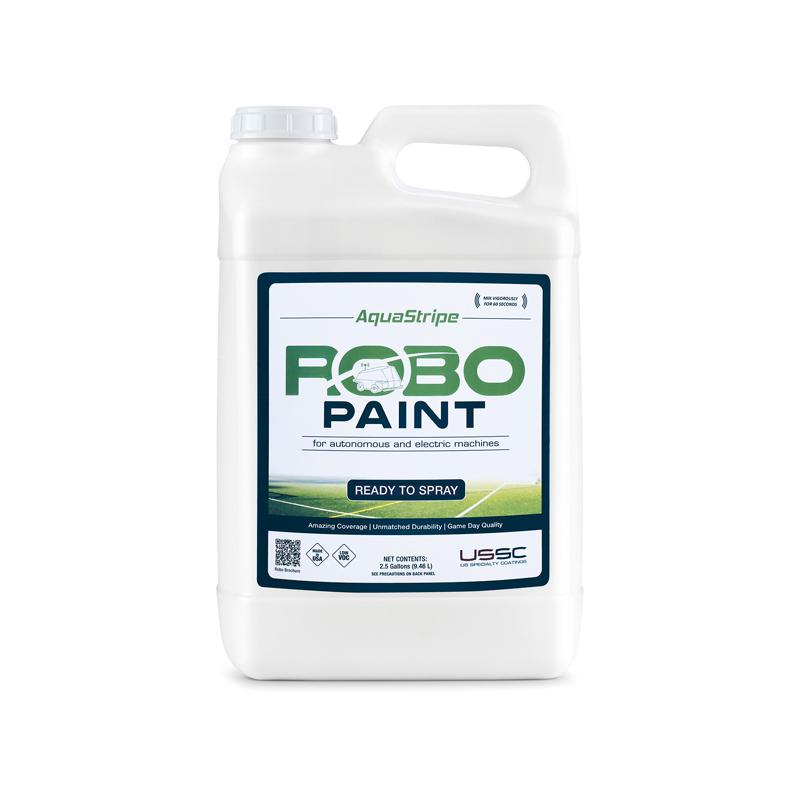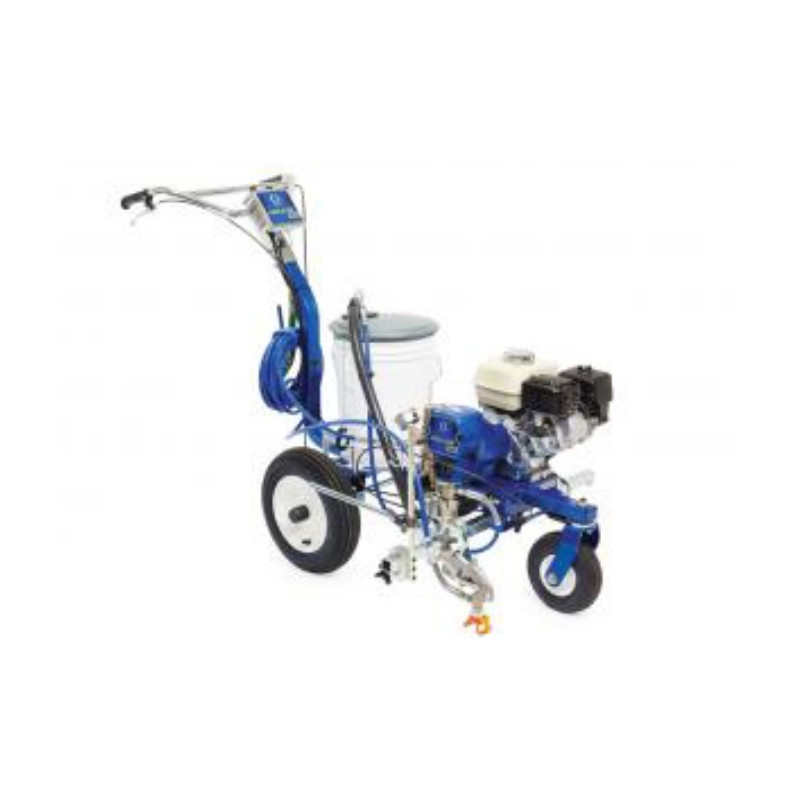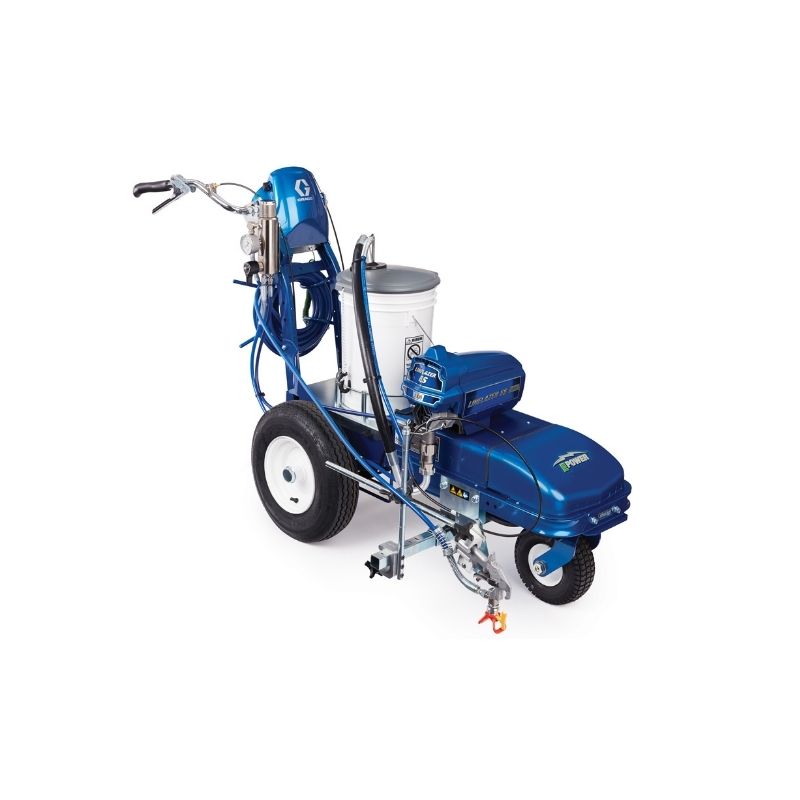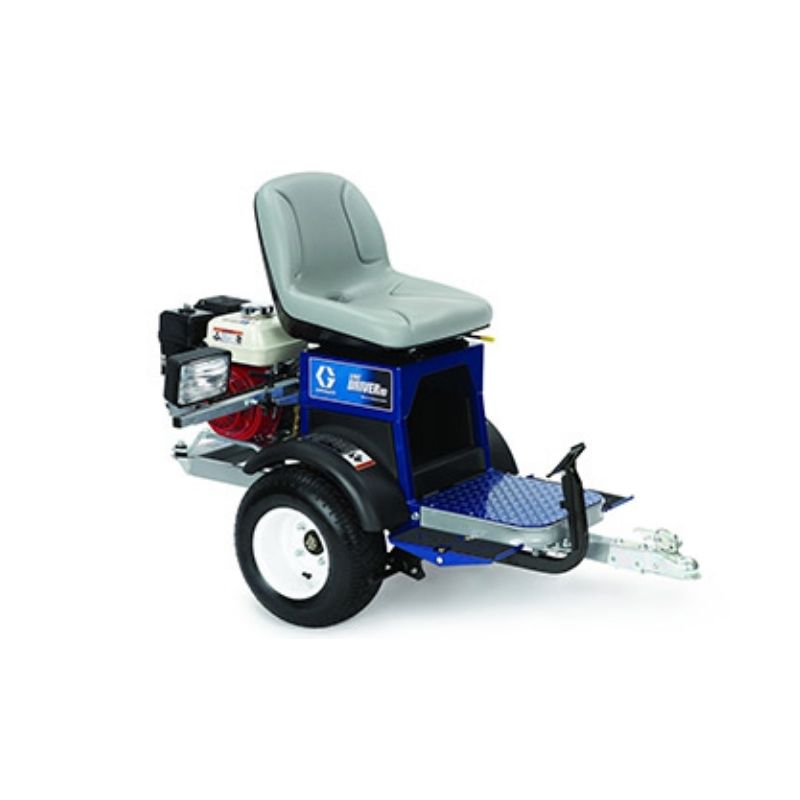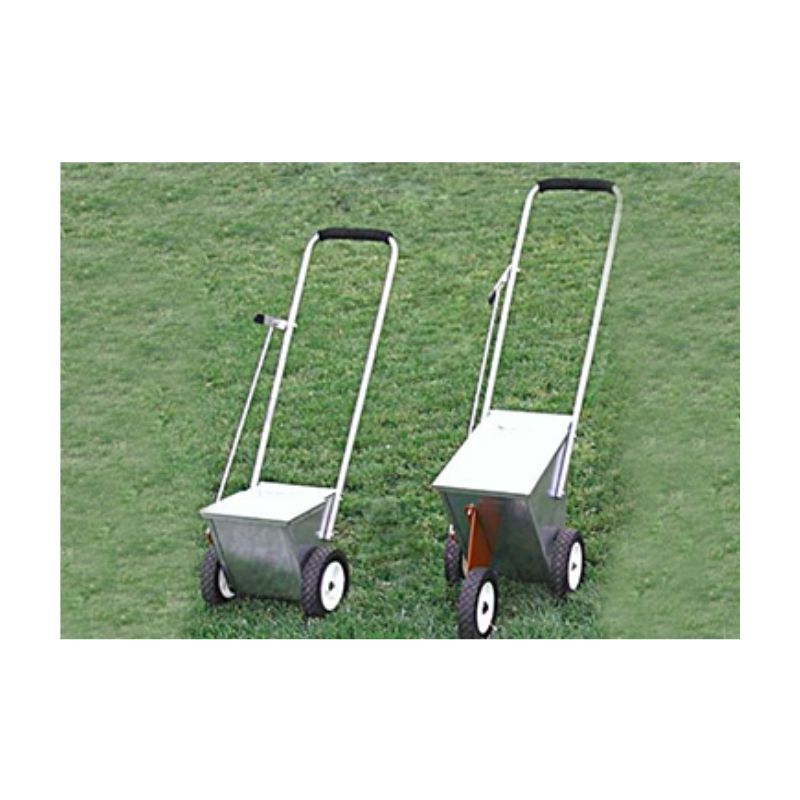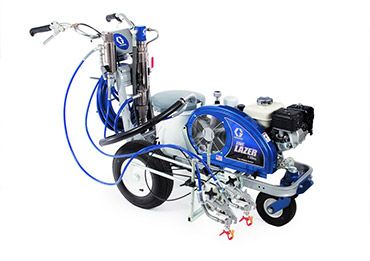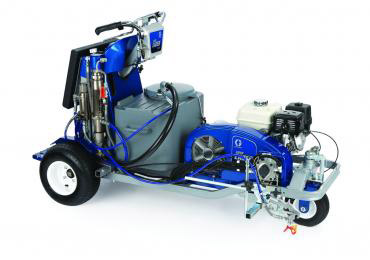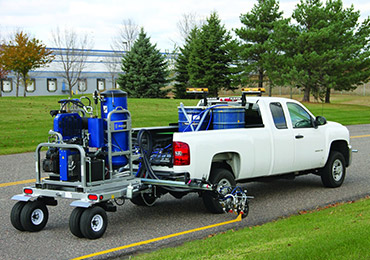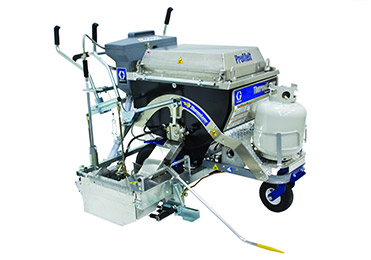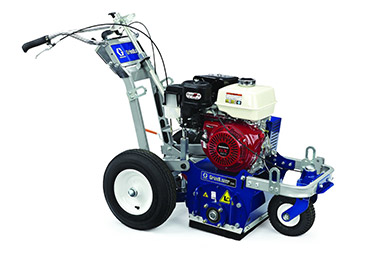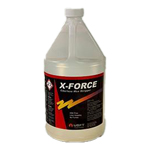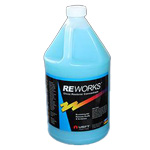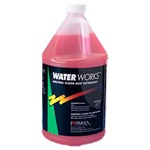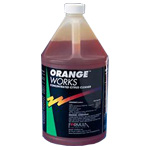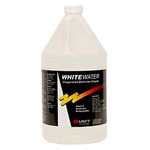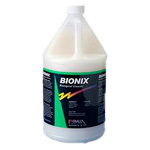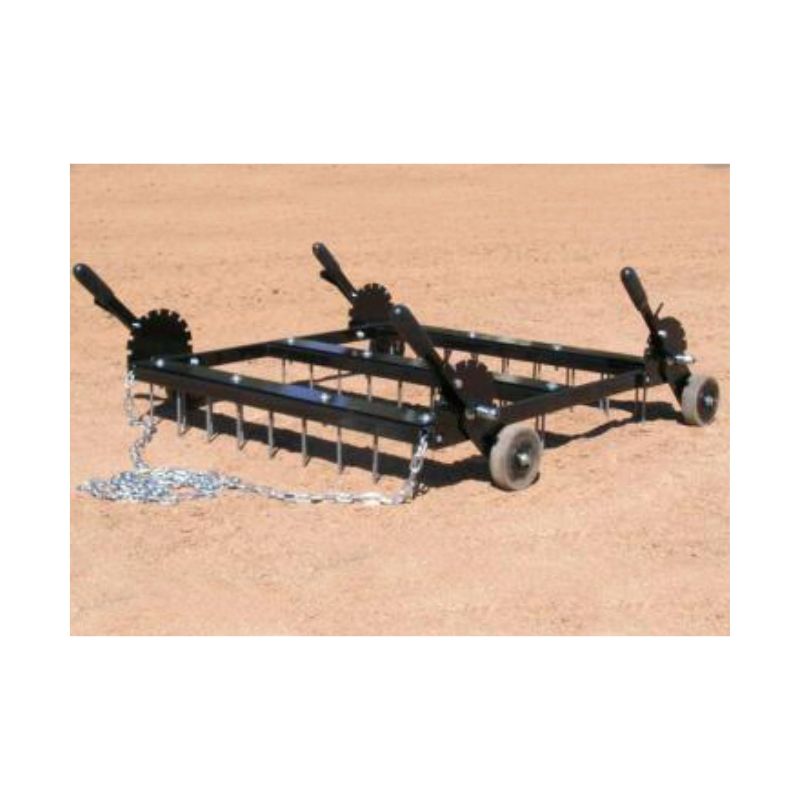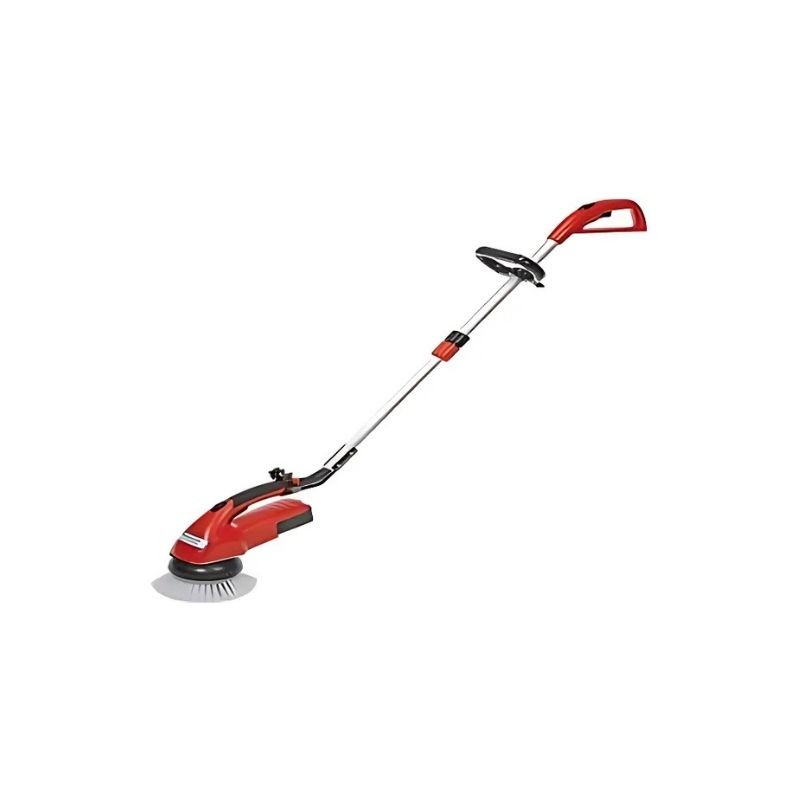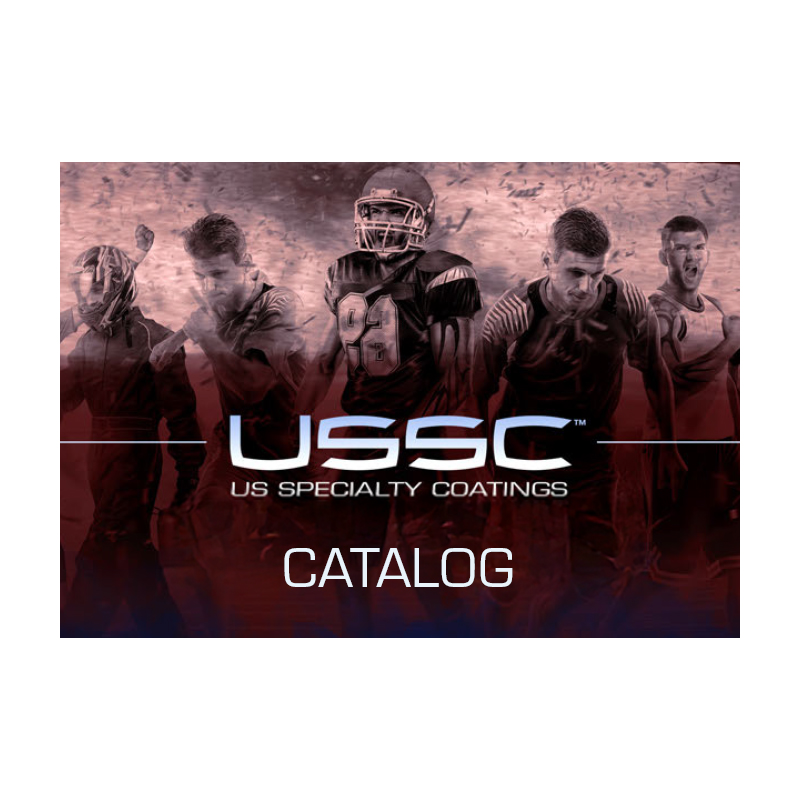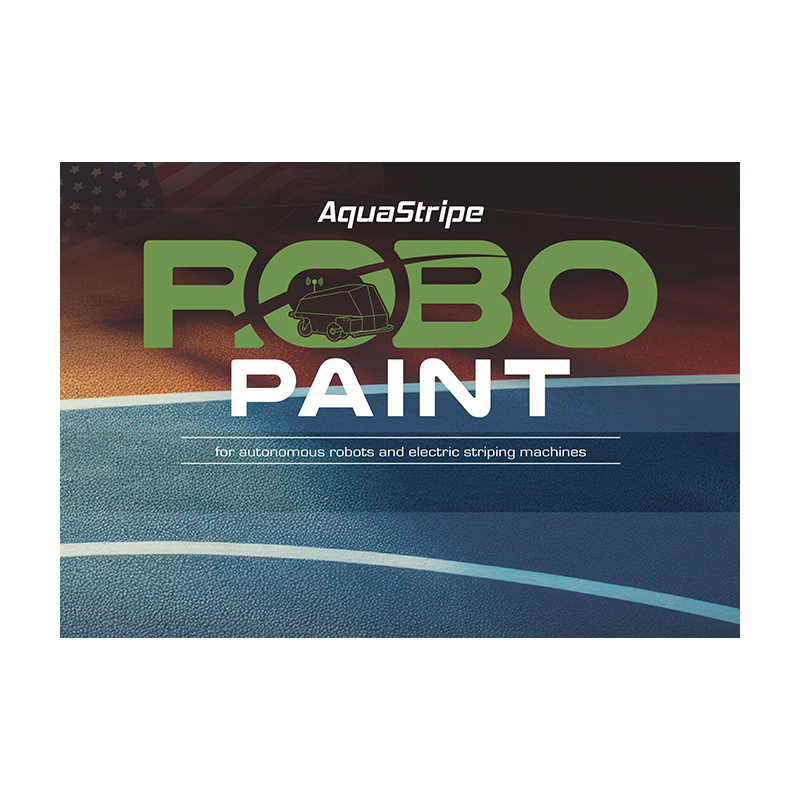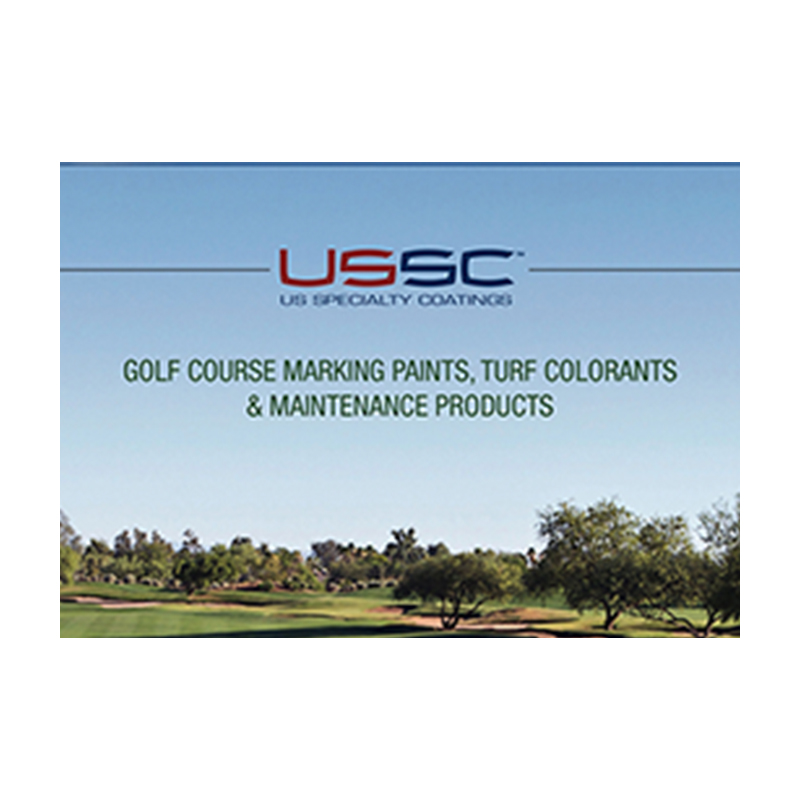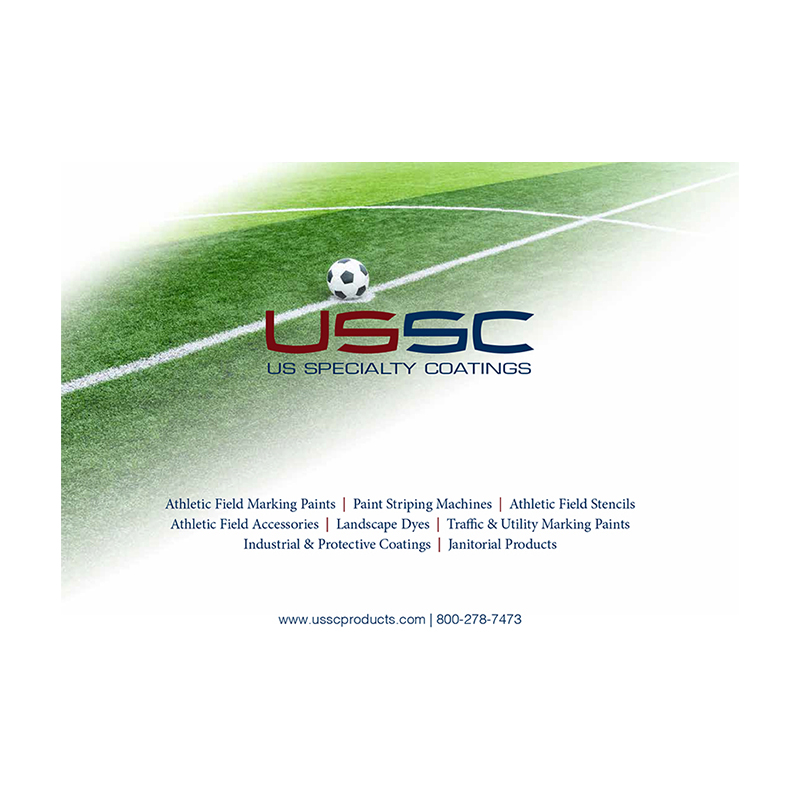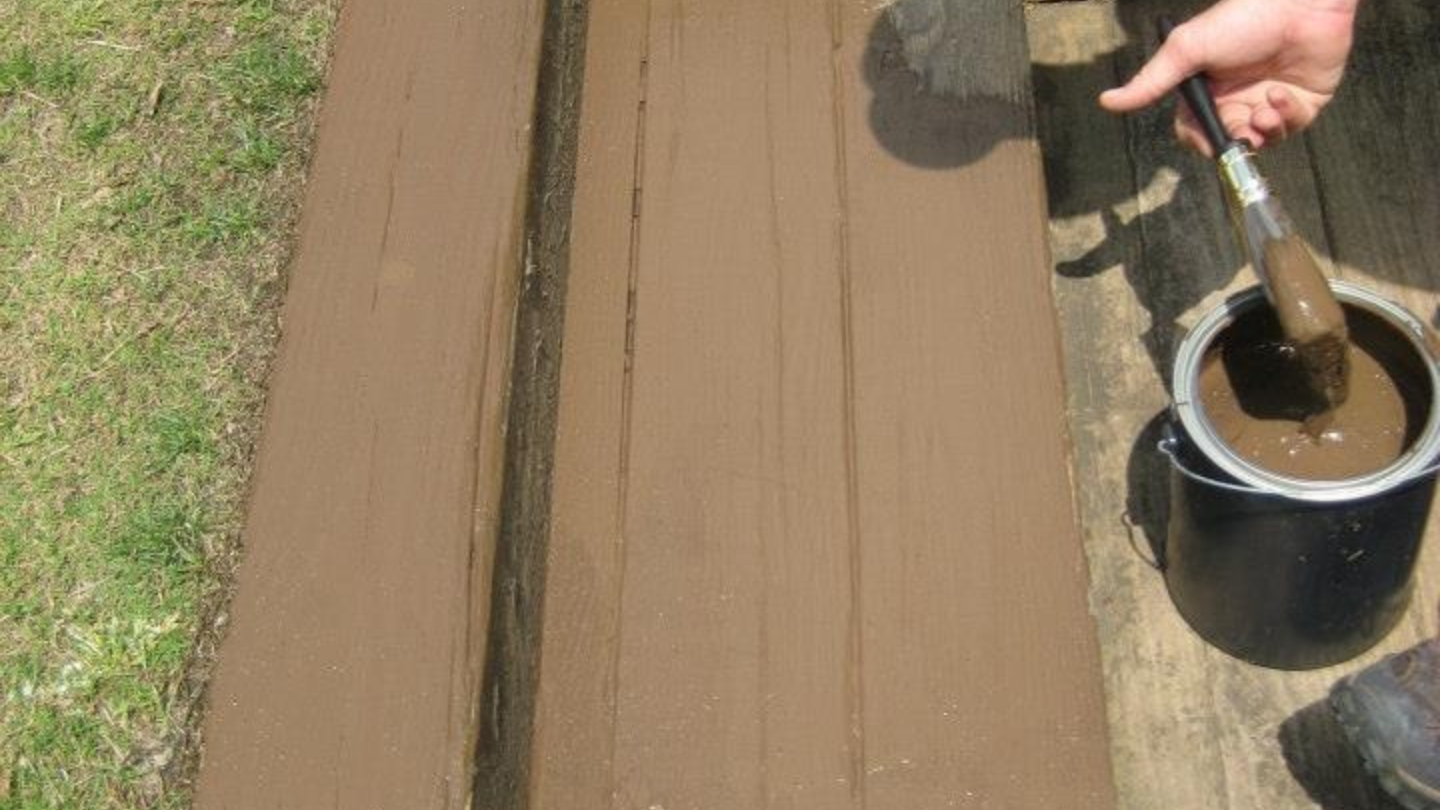How Do Specialty Coatings Improve the Durability of Various Surfaces?
Specialty coatings play a vital role in enhancing the durability and longevity of various surfaces. Unlike standard paints, these advanced coatings provide superior protection against corrosion, abrasion, chemicals, and harsh environmental conditions. They are widely used in industrial, commercial, and architectural applications to prevent damage, reduce maintenance costs, and extend the lifespan of materials. From epoxy and polyurethane to anti-corrosion and fire-resistant coatings, each type offers unique benefits tailored to specific needs. By ensuring proper surface preparation and selecting the right specialty coating, structures remain protected, visually appealing, and cost-effective for years to come, even in demanding environments.
Key Takeaways
- Specialty coatings provide enhanced durability and protection against environmental factors, significantly extending the lifespan of various surfaces and reducing maintenance costs.
- Different types of specialty coatings, such as epoxy, polyurethane, and anti-corrosion coatings, offer unique protective properties tailored to specific applications across diverse industries.
- Proper surface preparation and selecting the appropriate specialty coating are essential for achieving optimal adhesion and long-term performance, ensuring the effective protection of structures.
Understanding Specialty Coatings and Their Importance
Specialty coatings are more than just a layer of paint; they are specialized coating materials engineered to protect and enhance the durability of various surfaces. Unlike standard paints, these coatings offer superior performance by safeguarding surfaces from wear, corrosion, and environmental damage. This protection is crucial for extending the lifespan of surfaces, ultimately leading to significant cost savings.
One of the standout features of specialty coatings is their unique properties. For instance, waterproofing capabilities protect surfaces from moisture and water infiltration, which is especially important for structures exposed to harsh weather conditions. Additionally, these coatings provide robust protection against UV rays and pollutants, significantly improving the durability and appearance of exterior surfaces on commercial buildings.
In industrial settings, industrial coatings are essential for shielding surfaces from corrosion, abrasion, chemicals, and UV radiation, thereby enhancing safety and durability. Protecting industrial equipment is a key focus in the development of new protective coating, which aims to improve durability and adapt to various industrial equipment conditions.
Selecting the appropriate specialty coating guarantees that surfaces stay protected and visually appealing for years. This choice not only extends the lifespan of structures but also minimizes the need for frequent maintenance and repairs.
Types of Specialty Coatings and Their Applications
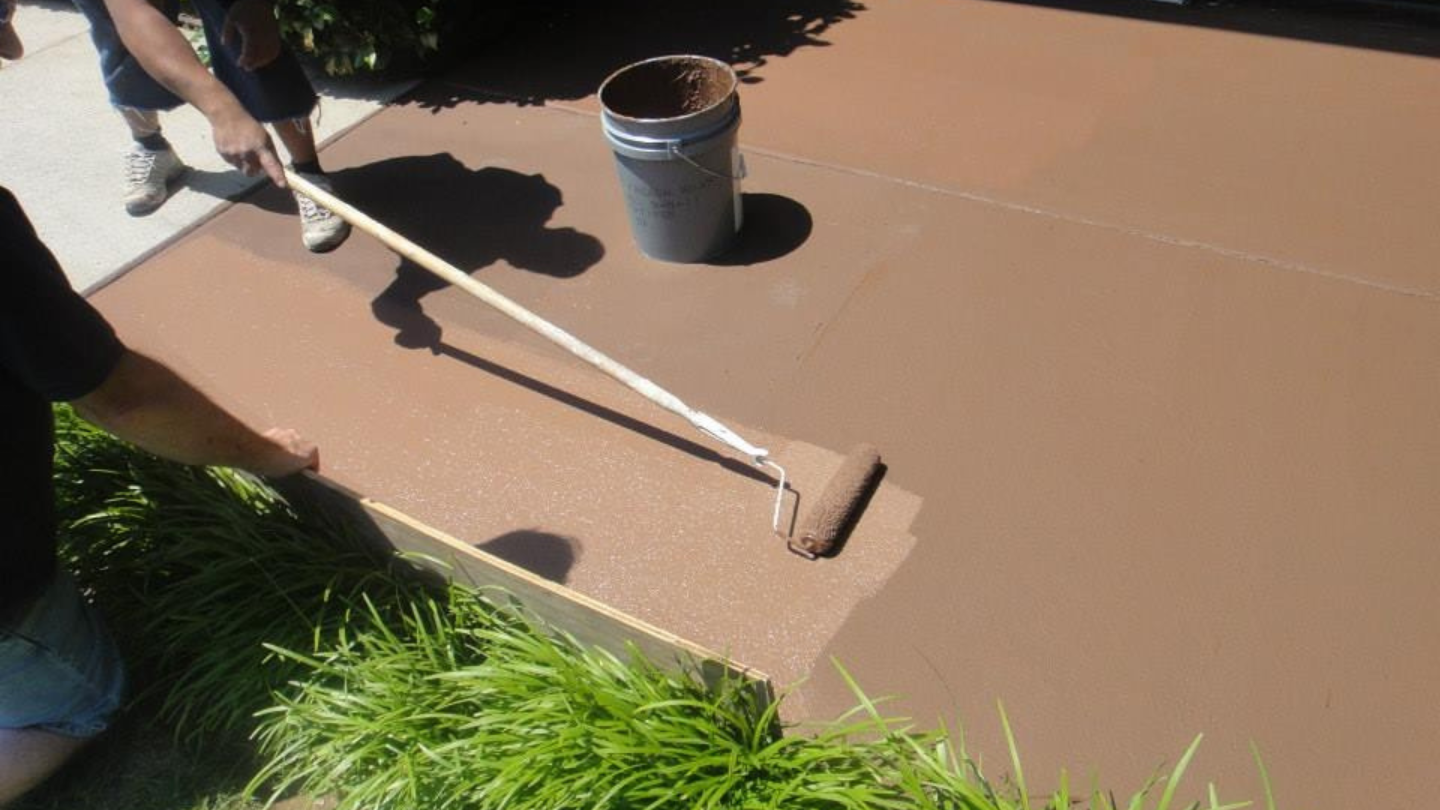 Specialty coatings come in various forms, each designed to serve unique protective functions. Among the most common types are epoxy coatings, polyurethane coatings, and polysiloxane coatings. These coatings find applications across diverse sectors, including military, aerospace, automotive, and construction, where they are indispensable for enhancing surface durability and performance.
Specialty coatings come in various forms, each designed to serve unique protective functions. Among the most common types are epoxy coatings, polyurethane coatings, and polysiloxane coatings. These coatings find applications across diverse sectors, including military, aerospace, automotive, and construction, where they are indispensable for enhancing surface durability and performance.
Each type of coating system is tailored to meet specific environmental and operational challenges, making them vital for maintaining the integrity and longevity of surfaces.
Epoxy Coatings
Epoxy coatings are renowned for their durability and protective properties. Composed of epoxy resin and hardeners, these coatings serve as robust barriers against environmental damage. They are widely used in industrial, marine, and architectural sectors due to their excellent moisture resistance and high film thickness. This makes them ideal for applications where high performance and durability are paramount.
In addition to their moisture resistance, epoxy coatings provide superior corrosion protection for metal surfaces, preventing rust and degradation over time. Their versatility also extends to concrete surfaces, where they enhance durability and aesthetic appeal. By choosing epoxy coatings, you can significantly reduce maintenance costs and prolong the life of your structures.
Polyurethane Coatings
Polyurethane coatings offer a host of benefits, including abrasion resistance, chemical resistance, and flexibility. These properties make them highly suitable for demanding applications in the automotive, aerospace, and marine industries. In the automotive sector, polyurethane coatings offer a durable and glossy finish that endures the challenges of daily use.
One of the standout features of polyurethane coatings is their superior color retention and weather resistance, especially aliphatic polyurethanes. These coatings are ideal for outdoor applications as they maintain their appearance and protective properties even under prolonged exposure to sunlight and harsh weather conditions. This makes them an excellent choice for surfaces that require long-lasting protection and visual appeal.
Anti-Corrosion Coatings
Anti-corrosion coatings play a critical role in protecting surfaces from the damaging effects of corrosive substances and corrosion. By maintaining the integrity of metal surfaces, these coatings extend the lifespan of equipment and structures, leading to substantial cost savings. Zinc-rich coatings, for instance, offer superior corrosion resistance and sacrificial protection, making them effective even when the surface is scratched to prevent corrosion.
Galvanized coatings provide robust and long-lasting protection against rust, making them essential in industries such as marine and oil and gas, where harsh environments are the norm. Anti-corrosion coatings form a barrier against moisture and chemicals, preventing rust and degradation, which ensures the longevity and reliability of metal surfaces.
In many industrial and architectural applications, specialty coatings for concrete, wood, and metal are used together to achieve multi-surface durability and aesthetic consistency, offering both functional and decorative protection.
Fire-Resistant Coatings
Fire-resistant coatings are crucial for enhancing safety and preserving structural integrity during fires. These coatings are essential in industries with high fire risks, such as commercial buildings, industrial facilities, and transportation infrastructure. Intumescent coatings, for example, expand when exposed to heat, providing thermal insulation and protecting structures during fires.
Recent advancements in fire-resistant coating technologies have led to improved performance and longer fire resistance times. Many products can provide up to 120 minutes of fire resistance, ensuring the safety of occupants and assets during a fire. This makes fire-resistant coatings a vital component in fire safety strategies.
UV Resistant Coatings
UV-resistant coatings protect surfaces from the damaging effects of ultraviolet radiation by absorbing or reflecting harmful UV rays. This protection is crucial for preventing damage such as chalking, cracking, and discoloration caused by prolonged sun exposure. UV-resistant coatings preserve the aesthetic appeal and structural integrity of buildings and outdoor structures by maintaining surface appearance and ensuring UV resistance.
In addition, clear coatings are often used to maintain surface aesthetics while adding an invisible layer of protection against UV rays, moisture, and environmental wear — ideal for decorative finishes or architectural applications where appearance matters.
As sustainability and visibility become priorities, EV charging station coatings are now being developed to improve safety and durability in high-use environments. These coatings enhance visibility, resist oil and dirt, and maintain a clean look around charging bays, supporting the evolution of EV charging stations with durable coatings that meet modern energy and infrastructure needs.
Surface Preparation: The Key to Effective Coating Application
Proper surface preparation is the cornerstone of effective coating application. A well-prepared surface not only enhances the bond of the coating but also improves its appearance and extends its lifespan. Proper surface preparation is critical for high-performance coatings to adhere correctly, preventing premature failure.
Various methods are used for surface preparation depending on the material. For instance, abrasive blasting, water jetting, and chemical cleaning are common techniques to ensure optimal adhesion. Concrete surfaces must be free from laitance and loose material, as specified by guidelines like ICRI Technical Guideline No. 310.2. Similarly, standards such as SSPC-SP 6/NACE No. 3 emphasize the removal of rust, mill scale, and contaminants from steel surfaces.
When dealing with high-traffic or outdoor areas, asphalt protection strategies with sealants and coatings are equally important to prevent surface oxidation and water damage. These protective systems prolong pavement life and maintain appearance under constant exposure.
Protective Properties of Specialty Coatings
Specialty coatings are designed to provide a range of protective properties that enhance the durability of surfaces. These coatings offer benefits such as corrosion resistance, waterproofing, and weather resistance, making them indispensable for protecting surfaces from adverse environmental conditions.
Specialty coatings with superior resistance and durability, such as coatings, withstand extreme temperatures and provide thermal stability, high traffic, and environmental impacts, ensuring the longevity and functionality of the structures they protect through effective heat transfer and can withstand extreme heat.
Chemical Resistance
Chemical-resistant coatings are essential in industries where surfaces are exposed to harsh chemicals, solvents, and acids. These coatings act as a protective barrier, preventing degradation and corrosion of substrates. In manufacturing and chemical processing industries, chemical-resistant coatings help maintain the integrity of equipment and surfaces, extending their lifespan.
These coatings protect surfaces from harsh chemicals and acids, significantly reducing maintenance costs and the need for costly repairs and frequent replacements. This makes them a valuable investment for any facility dealing with chemical exposure.
Abrasion Resistance
Wear and abrasion-resistant coatings are crucial in sectors like manufacturing and transportation, where surfaces are subjected to mechanical wear and stress. Epoxy coatings, for instance, provide waterproof, anti-slip, and chemical-resistant properties, making them durable for high-traffic areas.
Polyurea and polyurethane coatings are also known for their ability to withstand wear and tear, reducing maintenance costs and extending the life of assets in industrial settings. These coatings offer robust protection against physical damage, ensuring that surfaces remain functional and aesthetically pleasing.
Impact Resistance
Impact-resistant coatings safeguard against physical damage, helping maintain structural integrity. Other formulations, such as anti-graffiti coatings safeguarding public and private spaces, are increasingly applied to urban and transit surfaces to prevent vandalism while preserving visual quality.
Advanced Coating Technologies
 Advancements in coating technologies have revolutionized the industry, offering enhanced durability, flexibility, and environmental sustainability. New polymers, resins, and additives have been developed to improve the performance of coatings, making them more effective in protecting surfaces from wear and environmental damage.
Advancements in coating technologies have revolutionized the industry, offering enhanced durability, flexibility, and environmental sustainability. New polymers, resins, and additives have been developed to improve the performance of coatings, making them more effective in protecting surfaces from wear and environmental damage.
The types and benefits of specialty coatings now include formulations with improved flexibility, reduced VOC content, and enhanced sustainability. Nano coatings, for instance, create ultra-thin protective layers with exceptional resistance to abrasion and chemicals.
Nanotechnology in Coatings
Nano coatings represent a significant leap in coating technology, providing ultra-thin protective layers that offer exceptional surface protection. Using nanotechnology, these coatings deliver improved abrasion, corrosion, and chemical resistance, making them ideal for a wide range of applications.
Industries such as electronics, medical devices, the automotive industry, and industrial machinery greatly benefit from nano coatings due to their ability to provide superior protection while being virtually invisible. This makes nano coatings a versatile and valuable addition to the field of specialty coatings.
Eco-Friendly Formulations
The push for sustainability has led to significant innovations in eco-friendly formulations for specialty coatings. These advancements focus on reducing volatile organic compounds (VOCs) and incorporating eco-friendly materials, making coatings safer for both the environment and human health.
Recent innovations include waterborne polyamide polyurethane dispersion technology, which significantly reduces the environmental footprint of coating processes. Developing coatings that require less energy and resources during manufacturing and application helps the industry align with green initiatives and regulatory requirements.
Long-Term Benefits of Using Specialty Coatings
The long-term benefits of using specialty coatings are manifold:
- They are effective in reducing maintenance needs over the lifespan of structures, leading to significant cost savings.
- Investing in high-quality specialty coatings extends the lifespan of various materials.
- This results in fewer replacements and repairs.
High-performance coatings are developed to withstand extreme conditions, ensuring the longevity and reliability of critical components. Systems like concrete protective coatings are particularly effective in preserving industrial floors and structures against chemical exposure, while asphalt protection coatings help maintain outdoor infrastructure exposed to constant wear.
Choosing the Right Specialty Coating for Your Needs
Choosing the correct specialty coating is essential. It plays a significant role in guaranteeing the application’s effectiveness and longevity. Key factors to consider include the type of substrate, ambient conditions, and the expected performance of the coating. For instance, coatings designed for metal surfaces may differ significantly from those intended for concrete or wood.
Environmental impact is another important consideration. Choosing eco-friendly coatings aligns your projects with sustainability goals and regulatory requirements. Expert consultation is a critical aspect of the selection process. For projects that require transparency, clear coatings provide a durable, invisible layer of protection without compromising aesthetics.
Final Thoughts
Specialty coatings are essential for protecting, strengthening, and extending the lifespan of a wide range of surfaces. As explored throughout this blog, these coatings — from epoxy and polyurethane to fire-resistant and UV-protective formulations — offer superior resistance to corrosion, chemicals, abrasion, and environmental stress. With the right surface preparation and product selection, specialty coatings not only boost durability and performance but also reduce maintenance costs and preserve aesthetic appeal over time.
US SPECIALTY COATINGS continues to set the benchmark in innovation and quality, delivering reliable specialty coatings designed for industrial, commercial, and architectural applications. With advanced technologies and expert guidance, the company ensures every surface receives long-lasting protection and superior performance. Investing in these specialized coatings is a smart choice for achieving durable, visually appealing, and cost-effective protection across all types of environments.
Frequently Asked Questions
What are the primary benefits of using specialty coatings?
The primary benefits of using specialty coatings include enhanced protection against wear, corrosion, UV damage, fire, and chemical exposure, which collectively extend the lifespan of surfaces. Consequently, investing in specialty coatings is essential for maintaining the integrity and durability of various materials.
How do I choose the right specialty coating for my needs?
To choose the right specialty coating, evaluate the substrate type, ambient conditions, expected performance, and environmental impact. Consulting with experts can further ensure that you make an informed decision tailored to your specific needs.
What are the advantages of using epoxy coatings?
Epoxy coatings provide exceptional moisture resistance, high film thickness, and superior corrosion protection, making them highly suitable for various applications such as industrial, marine, and architectural environments.
Why is surface preparation important for coating application?
Surface preparation is crucial for coating application as it ensures proper adhesion, enhances appearance, and extends the lifespan of the coating. This prevents premature failure and guarantees optimal performance.








